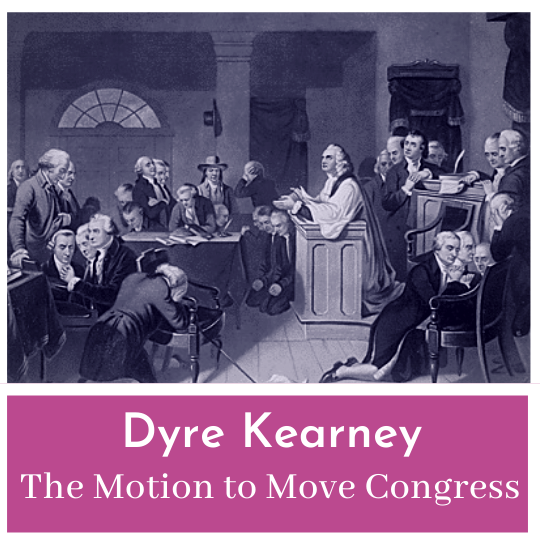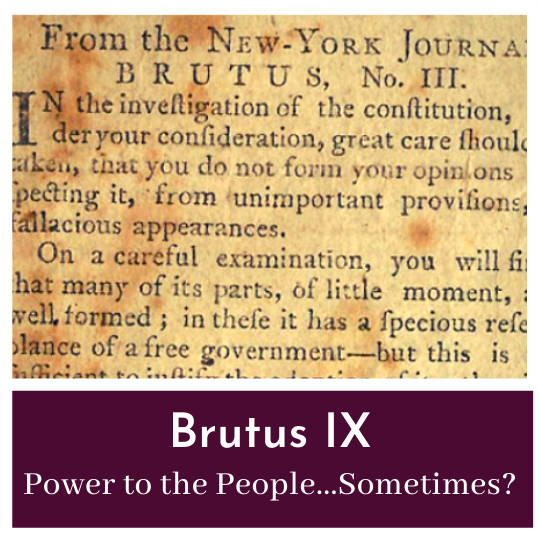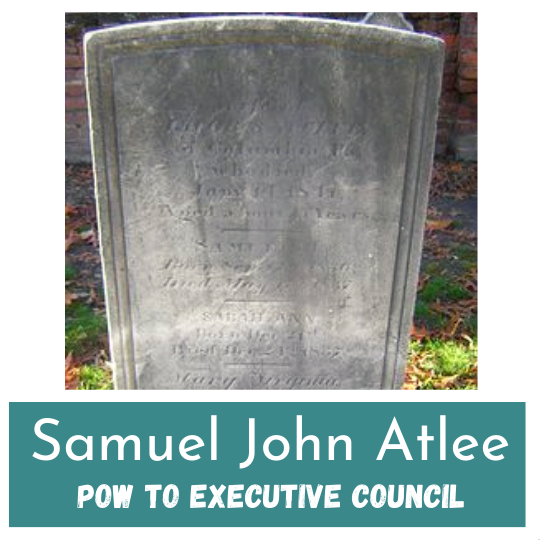Dyre Kearney Tries to Move The Continental Congress
Dyre Kearney had a very small role in the American Founding, but as a Continental Congressman he tried motioned to relocate the Government.
Dyre Kearney
Much of the life of Dyre Kearney is mysterious.
All indications point to him being the great-grandson of Mary Dyre, a Quaker who was hung in Massachusetts in 1660 for her beliefs. Her death led to the King announcing sweeping reforms in the colony which permitted free exercise of religion.
Dyre Kearney seems to have received his name from this side of his family.
Old Founder, New Tricks
Kearney was likely born in the 1720’s.
When he became a lawyer in 1784, he was already at least 60-years-old. It was quite unusual in the 18th century for someone to make this type of career change at such an advanced age.
Just three years later, Dyre was sent to the Continental Congress as a representative of Delaware.
Motion to Move
Kearney’s most notable part in the American Founding was his motion to move the Continental Congress from New York to Philadelphia.
This was a bit of a controversial event, as the different States were for or against this motion for many (often personal) reasons.
Interestingly, James Varnum wanted to move Congress to Providence, Rhode Island, but this was essentially laughed at by the rest of the Delegates.
More pressingly, James Madison had concerns that moving to Philadelphia would put too close an eye on the proceedings expected to take place that summer at what would become the Constitutional Convention. He thought it better if the two bodies were as far away from each other as possible.
A New Government Instead
In the end, the motion did not go through and Congress remained in New York.
Kearney was still present when the Constitution was placed in front of Congress and was part of the team that closed down the Articles of Confederation.
Dyre returned to Delaware where he passed away just three years later.
Dyre Kearney is just one of dozens of obscure Founders I’ve covered on this website.
Here are a few other examples:
“If They Fired Thro’ His Arse” - Luther Baldwin Insults President Adams
Capturing Correspondence - Turbutt Wright Responds to a Mail Robbery
Mentioning Mary Dyre in this article gives me the opportunity to drift away from the American Founding a bit with today’s book recommendation.
‘Biography of a Rebel Quaker’ sheds light on an execution that 100 years later helped spawn the freedom of religion so important in modern America.
If you’d like a copy you can pick one up through the Amazon affiliate link below (you’ll support this site, but don’t worry, Amazon pays me while your price stays the same).
Want to get fun American Revolution articles straight to your inbox every morning?
Subscribe to my email list here.
You can also support this site on Patreon by clicking here.






